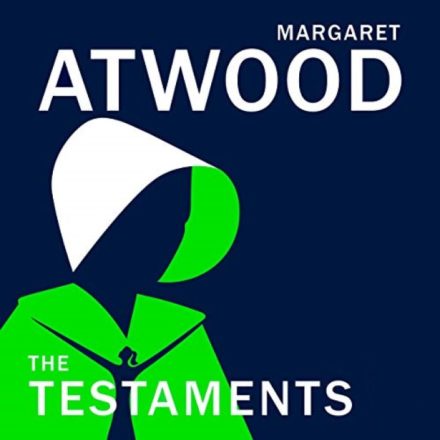Members get information about when streams/downloads become available, as well as accessing podcast RSS feeds for freely-available content to make listening to great shows a breeze, Register Here
After Art in the Blood and Unquiet Spirits, Holmes and Watson are back in the third of Bonnie MacBird’s critically acclaimed Sherlock Holmes Adventures, written in the tradition of Conan Doyle himself.
It’s 1890 and the newly famous Sherlock Holmes faces his worst adversary to date – a diabolical villain bent on destroying some of London’s most admired public figures in particularly gruesome ways. A further puzzle is that suicide closely attends each of the murders. As he tracks the killer through vast and seething London, Holmes finds himself battling both an envious Scotland Yard and a critical press as he follows a complex trail from performers to princes, anarchists to aesthetes.
But when his brother Mycroft disappears, apparently the victim of murder, even those loyal to Holmes begin to wonder how close to the flames he has travelled. Has Sherlock Holmes himself made a deal with the devil?
Is Sherlock Holmes the devil? Don’t be too quick to dismiss the possibility until you’ve reviewed the evidence MacBird (Unquiet Spirits, 2017, etc.) has amassed.
Kirkus Review “November 1890 sees Dr. John Watson return for an extended visit to Holmes at a critical moment. Gabriel Zanders, of the Illustrated Police Gazette, is spreading the word that Holmes is the devil and whipping the crowds who hear him inveigh against the great detective into a frenzy. Titus Billings, the new Chief Commissioner of the Metropolitan Police, doesn’t go quite as far as Zanders, but he’s equally contemptuous, even to the point of violence. Ironically, these attacks on Holmes’ authority come just when his brother Mycroft and the City of London need him most. It seems that a number of wealthy members of the mysterious Luminarians have died under suspicious, and diabolically appropriate, circumstances. ….., Billings is deaf to any talk of a serial killer; Holmes, noting the near-alphabetical progression of victims, wonders when he’ll hear about B, who turns out to be a thriving cloth merchant hanged with a bolt of his own product. Viscounts Andrew and James Goodwin, pillars of the Luminarians, blandly assure Holmes that no one has ever listed its membership, and Holmes, stymied by their stonewalling and distracted by an apparently unrelated case the importunate Lady Eleanor Gainsborough has brought him, fails to prevent the asphyxiation of operatic baritone Claudio Enrietti and can only hope he’ll be in time to save Luminarian playwright Oliver Flynn.
Loose-limbed, prodigiously inventive, plotted with infernal logic, and riotously implausible from beginning to end.”
Episode List
- Part 01
- Part 02
- Part 03
- Part 04
- Part 05
- Part 06
- Part 07
- Part 08
- Part 09
- Part 10
- Part 11
- Part 12
- Part 13
- Part 14
- Part 15
- Part 16
- Part 17
- Part 18
- Part 19
- Part 20
- Part 21
- Part 22
- Part 23
- Part 24
- Part 25
- Part 26
- Part 27
- Part 28
- Part 29
- Part 30
- Part 31
- Part 32
- Part 33

![A Sherlock Holmes Adventure [3] The Devil’s Due](https://www.dimsdale.co.uk/wp-content/uploads/bmb3tdd.jpg)
















